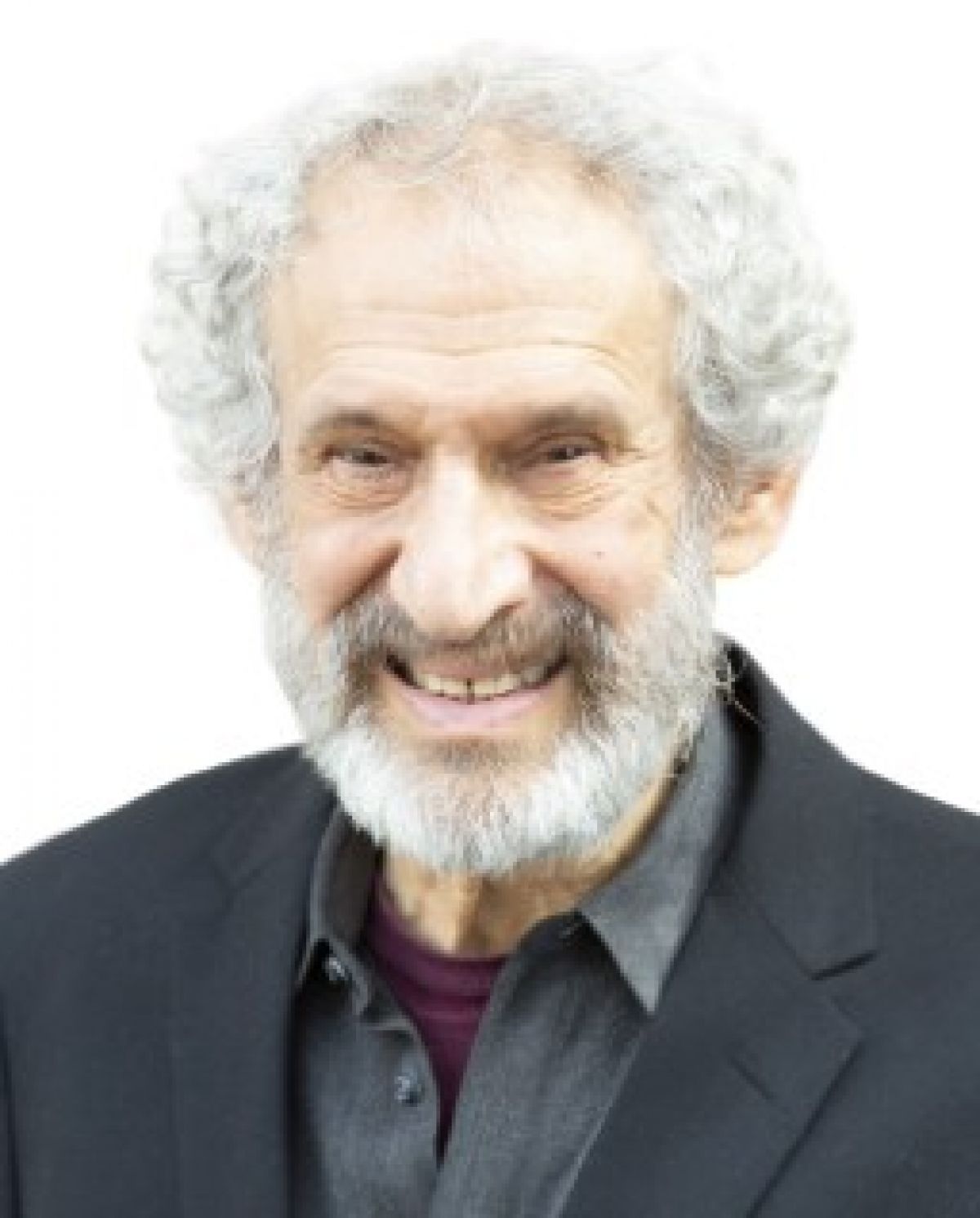
"Nick's case illustrates how deep remorse encompasses feelings of regret and concern about wrong actions, setting the stage for healing through rational reflection."
"The distinction between remorse and guilt is crucial; guilt is rooted in irrational beliefs, while remorse stems from rational thoughts regarding personal errors."
Nick's recent texting-while-driving incident led to a significant traffic accident, highlighting the emotional turmoil of remorse. While he felt deep sorrow and concern for the consequences of his actions, he also struggled with guilt stemming from irrational thoughts about his driving capabilities. Unlike guilt, which feeds on negative beliefs such as being a terrible person after making a mistake, remorse encourages reflection and learning. Rational beliefs allow individuals like Nick to acknowledge mistakes without harsh self-judgment, fostering personal growth and the potential for change.
Read at Psychology Today
Unable to calculate read time
Collection
[
|
...
]